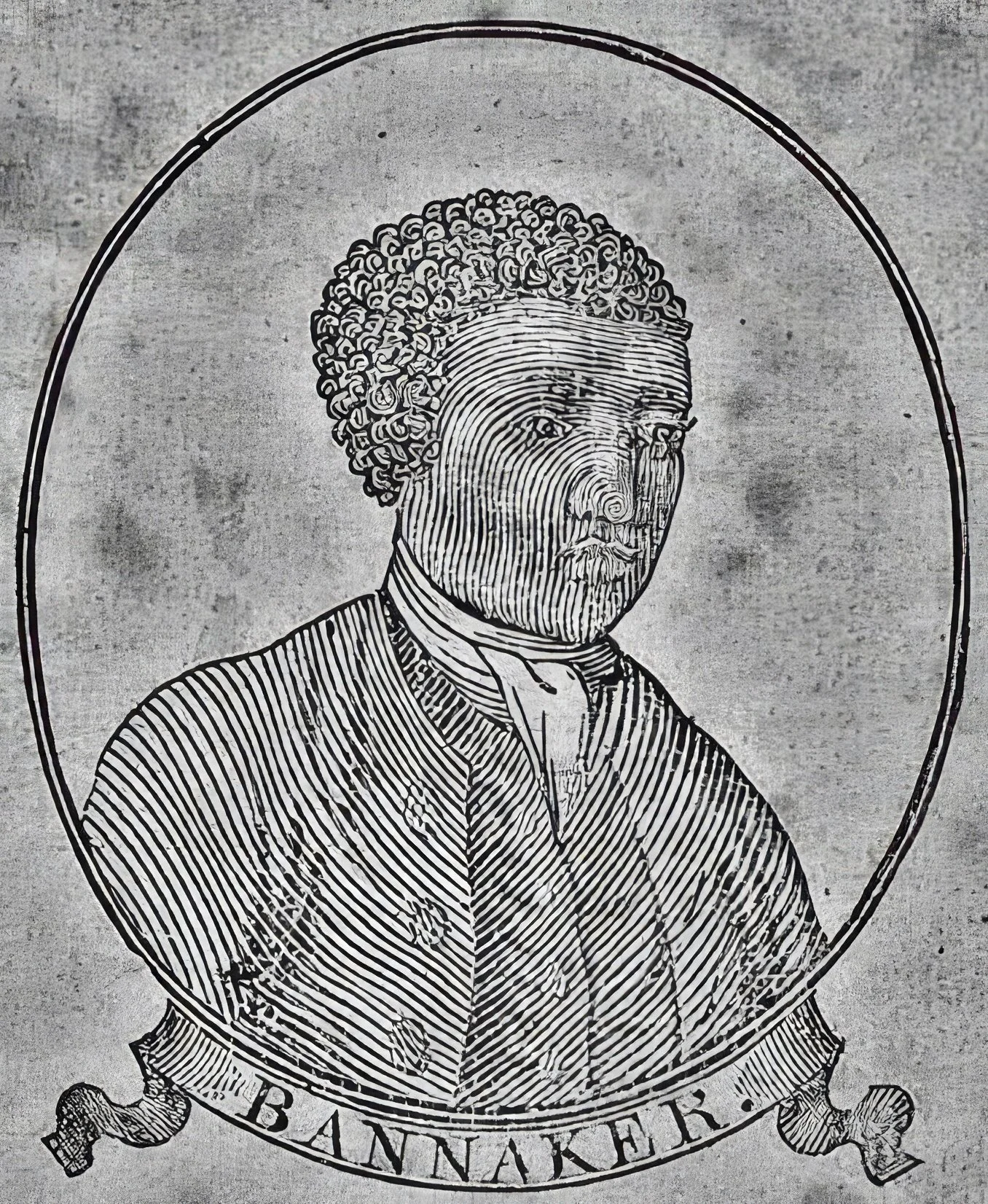August 19: Benjamin Banneker Writes to Thomas Jefferson (1791)
Prayer Idea
Pray for people who are seeking to persuade others to change their minds for good purposes.
History Note
In 1790 President George Washington chose a site along the Potomac River for a new national capital of the United States. Washington appointed his friend, surveyor Andrew Ellicott, to map out the area for the capital district. Ellicott worked with his brother Joseph and their friend Benjamin Banneker.
Benjamin Banneker (1731-1806) was the son and grandson of people who had been enslaved. Banneker learned surveying, mathematics, and astronomy from borrowed books.
The first printed almanac in Europe appeared in the 1400s. Almanacs became a popular way to distribute astronomical information, practical advice, and entertainment. Starting in 1792, Benjamin Banneker published several editions of his own almanac that contained "the Motions of the Sun and Moon, the True Places and Aspects of the Planets, the Rising and Setting of the Sun, Place and Age of the Moon, &c. – The Lunations, Conjunctions, Eclipses, Judgment of the Weather, Festivals, and other remarkable Days.”
In August of 1791, Banneker wrote a letter to Thomas Jefferson, who was then serving as the first U.S. secretary of state. Banneker wanted Jefferson to have a prepublication, handwritten copy of his almanac. Banneker took the opportunity to write a passionate plea for Jefferson to reconsider his support for slavery. Banneker argued:
[T]hat one universal Father hath given being to us all, and that he hath not only made us all of one flesh, but that he hath also without partiality afforded us all the Same Sensations, and endued us all with the same faculties, and that however variable we may be in Society or religion, however diversifyed in Situation or colour, we are all of the Same Family, and Stand in the Same relation to him.
Sir, if these are Sentiments of which you are fully persuaded, I hope you cannot but acknowledge, that it is the indispensible duty of those who maintain for themselves the rights of human nature, and who profess the obligations of Christianity, to extend their power and influence to the relief of every part of the human race, from whatever burthen or oppression they may unjustly labour under, and this I apprehend a full conviction of the truth and obligation of these principles should lead all to.
Jefferson sent Banneker a cordial reply, but he did not commit himself to putting his professed principles of liberty into practice regarding the enslaved people who worked for him.
Portrait of Benjamin Banneker from His Almanac
Learn More
This video teaches you about Benjamin Banneker’s achievements.
Find more resources at Homeschool History.
